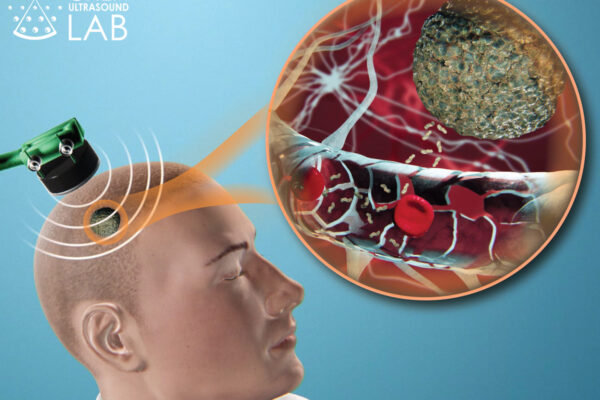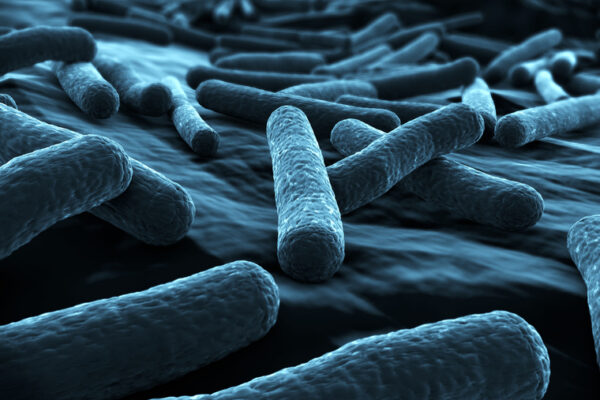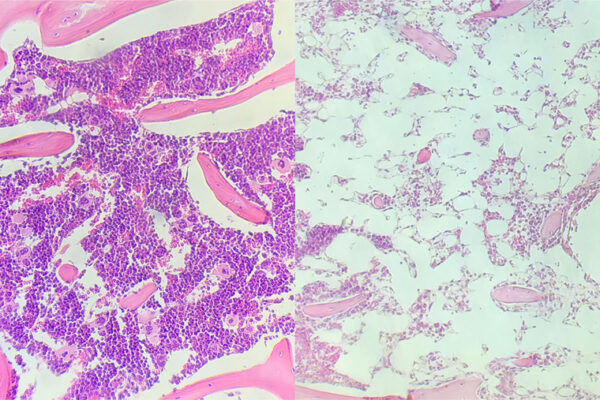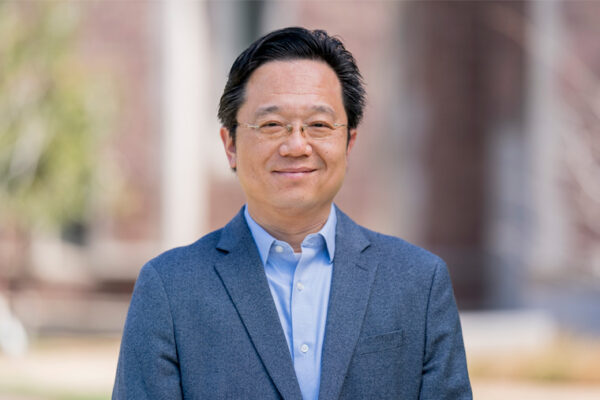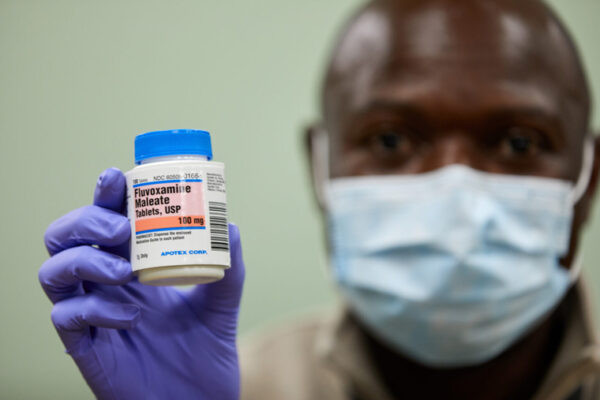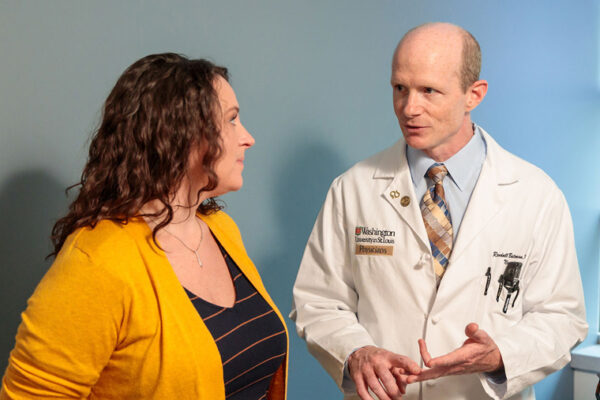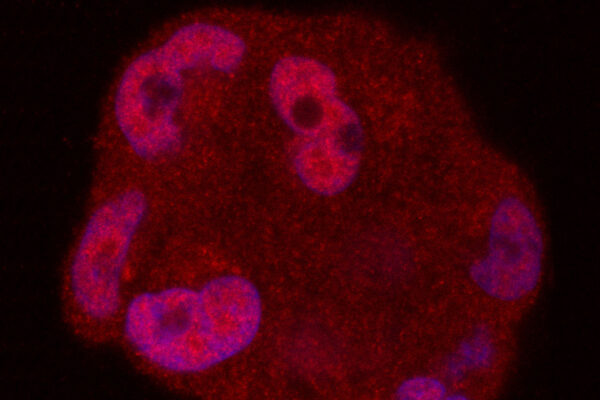Early warning system model predicts cancer patients’ deterioration
A multidisciplinary team of researchers at Washington University is developing a machine-learning-based early warning system to predict cancer patients’ deterioration and improve patient outcomes.
Synthetic biology yields easy-to-use underwater adhesives
The lab of Fuzhong Zhang at the McKelvey School of Engineering has used synthetic biology to bring together the best of spider silk and mussel foot protein in a biocompatible adhesive.
Noninvasive brain biopsy shows improved sensitivity in tumor detection
A team of researchers led by Hong Chen has developed a noninvasive diagnostic method that may one day replace tissue biopsies with a simple blood test.
Building bacteria to keep us well
Tae Seok Moon, associate professor at the McKelvey School of Engineering, has engineered bacteria that can detect specific molecules in the gut.
New technique may lead to safer stem cell transplants
Washington University School of Medicine researchers, studying mice, have developed a method of stem cell transplantation that does not require radiation or chemotherapy. The study opens the door to safer stem cell transplantation.
Building bridges with computer science
Computer scientist Chenyang Lu at the McKelvey School of Engineering has been building bridges with doctors to improve patients’ health outcomes using engineering.
Antidepressant may prevent severe COVID-19, follow-up study indicates
Researchers at Washington University School of Medicine have found that the drug fluvoxamine has been shown, in a pair of studies conducted on two continents, to be an effective treatment for people sick with COVID-19.
International Alzheimer’s clinical trial to test two drugs in combination
The Dominantly Inherited Alzheimer Network Trials Unit (DIAN-TU) at Washington University School of Medicine has announced that it will be targeting two key Alzheimer’s proteins — amyloid and tau — as part of its Tau Next Generation Alzheimer’s prevention trial.
New strategy against treatment-resistant prostate cancer identified
A study from Washington University School of Medicine has identified an RNA molecule that suppresses prostate tumors. According to the research, restoring this so-called long noncoding RNA could be a new treatment strategy.
Cancer moonshot grant funds research into reducing health disparities
Washington University School of Medicine has received a $17 million grant from the National Institutes of Health (NIH) to address disparities in cancer research, treatment and outcomes in underrepresented populations.
Older Stories


